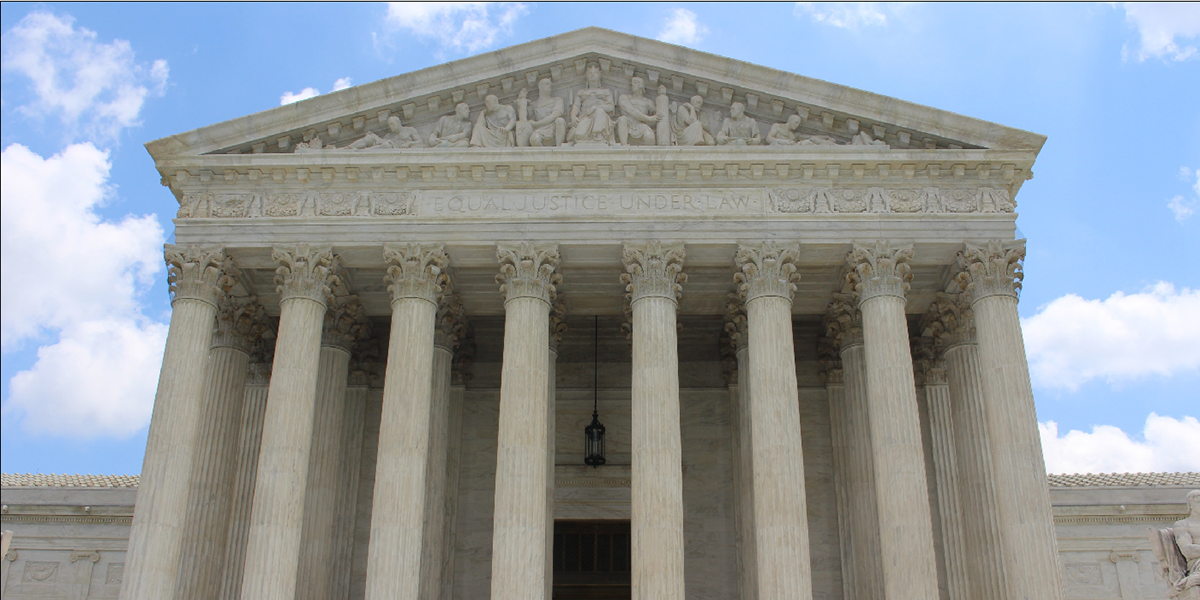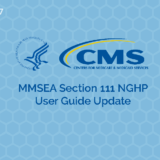On Friday, July 2nd, 2021 the U.S. Supreme Court announced it would take up a legal battle that could have a dramatic effect on settlements in the state of Florida, and potentially the entire country. At question in Gallardo v. Marstiller will be whether Florida’s Medicaid program is only entitled to be reimbursed for the money it spent for a Medicaid beneficiary/Member’s past medicals up to the date of a settlement, judgment, award or other arrangement (“settlement”) or whether it is entitled to recover a portion of the settlement that represents future medical expenses too. Gallardo By & Through Vassallo v. Marstiller, 141 S. Ct. 2884 (2021).
A Brief Summary of Events
In 2008, a Lee County school bus struck and seriously injured 13-year-old Gianinna Gallardo. Florida’s Medicaid agency provided $862,688 in medical payments on Gianinna’s behalf. Her parents sued the responsible parties and ultimately agreed to an $800,000 settlement, of which $35,367 was allocated as past medical expenses.
Florida’s Medicaid agency, using the state’s then-current statutory formula to calculate reimbursement, claimed it was entitled to $323,508 of Gianinna’s settlement. However, the state’s statutory formula did not distinguish between past and future medicals and included money in the settlement that was allocated for future medical expenses.
The Gallardo family sued the state Medicaid agency in federal court, arguing that Florida’s reimbursement formula violates federal law because the state should only be able to recover from that portion of her settlement allocated to past medical expenses. The Medicaid agency countered that it was entitled to satisfy its lien from the portion of the settlement representing compensation for both past and future medical expenses.
Between 2017 and 2020 several courts weighed in on similar cases but decisions at odds with each other. In 2017, U.S. District Judge Mark Walker ruled in favor of the Gallardo family. In a 2020 appeal, the 11th Circuit rejected Walker’s decision and ruled that the Florida Agency for Health Care (“AHCA” or “Florida Medicaid”) was entitled to $200,000 of the settlement (Gallardo v. Dudek, 11th Cir., No. 17-13693, June 26, 2020). However, in a separate 2018 case, Giraldo v. Agency for Health Care Admin., 248 So. 3d 53 (Fla. 2018), the Florida Supreme Court said the federal Medicaid Act preempted a state law that authorized Florida Medicaid to seek reimbursement from “portions of (a settlement) that represents future medical funds.” Therefore, that case seemed to indicate that Florida Medicaid was only entitled to recover the portion of money from a settlement that represented past medical expenses
Potential Far-Reaching Effects of a U.S. Supreme Court Medicaid Lien Recovery Decision
All Medicaid agencies have a duty under Federal law to recover past medical payments and most attorneys know to do a lien search when their clients are enrolled in Medicaid. However, up to now, attorneys never had a legal duty to set aside a portion of settlement proceeds to protect Medicaid’s future interests. The current state of federal law on this topic has been discussed in our prior blog referencing the U.S. Supreme Court’s decisions in Ahlborn and Wos, and their reinstatement via the Budget reconciliation Act of 2018. Now the U.S. Supreme Court will weigh in this issue – i.e., whether a Medicaid agency like Florida’s is entitled to seek a portion of funds designated for future medical care from a settlement, judgment, award, or other arrangement (each individually now referred to as “settlement”) when it takes up Gallardo v. Marstiller.
How would that be enforced if it is decided that Medicaid’s future interests must be considered at the time of a settlement, judgment, award, or other arrangement? Could this set legal precedent for a nationwide practice of Medicaid beneficiaries setting aside some portion of their settlements to represent Medicaid futures like is done for certain cases involving Medicare beneficiaries or those who have a reasonable expectation of becoming Medicare beneficiaries within 30 months of settlements? Is it possible that a U.S. Supreme Court ruling in favor of Florida Medicaid’s future interests may lead to a federal statute setting forth the protection of Medicaid’s future interests in settlements similar to the way the Medicare Secondary Payer Statute sets the framework for the protection of Medicare’s past and future interests?
The effects could be felt beyond the state of Florida. Perhaps this is the reason that briefs have been filed in this case by or on behalf of the National Conference of State Legislatures, the National League of Cities, the U.S. Conference of Mayors, and the Government Finance Office, the American Justice Association, the Florida Justice Association, the American Academy of Physician Life Care Planners
Additionally, the outcome could increase the awareness of Medicaid lien resolution specifically and lien resolution generally. Furthermore, if it is determined that Medicaid is entitled to at least some portion of the expected accident-related Medicaid futures, this could affect how Medicare Set-Aside (MSA) allocation reports would be prepared when beneficiaries are dual enrolled, and could increase the need for Professional Administration, due to the complexity of administering funds set aside for protection of both Medicare and Medicaid’s interests.
The Supreme Court’s decision will likely come during the Court’s 2021-2022 term. At that time Medivest will review the decision and provide analysis on what effects it could have on settlement services.







